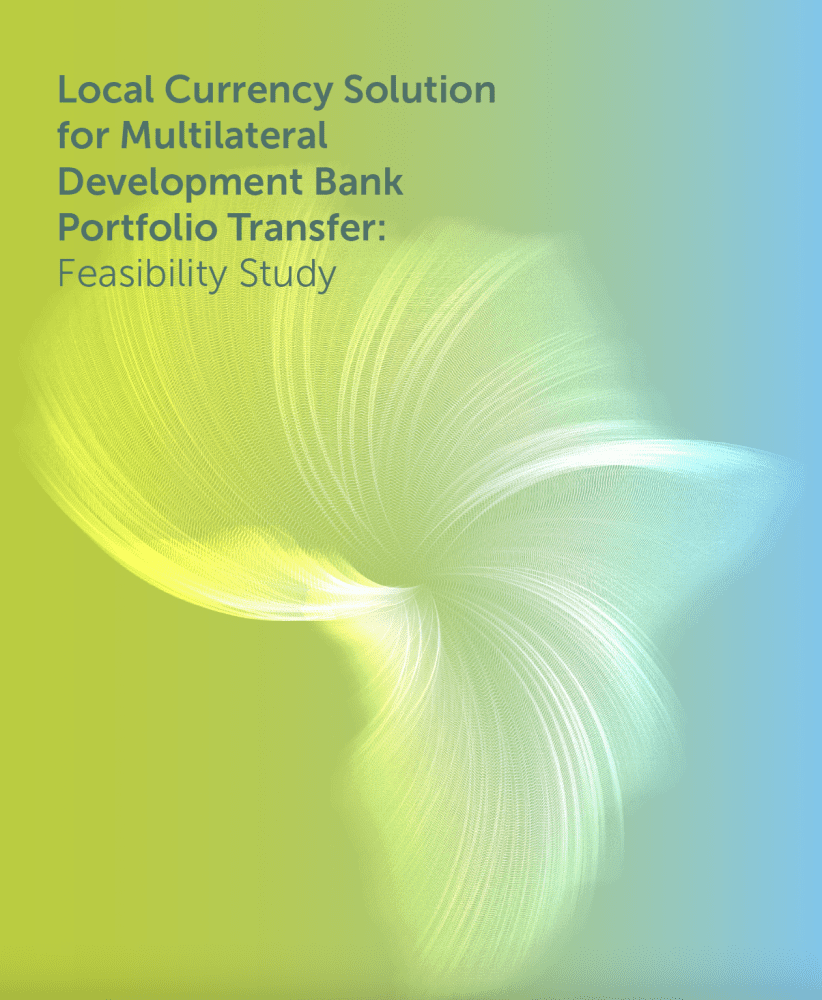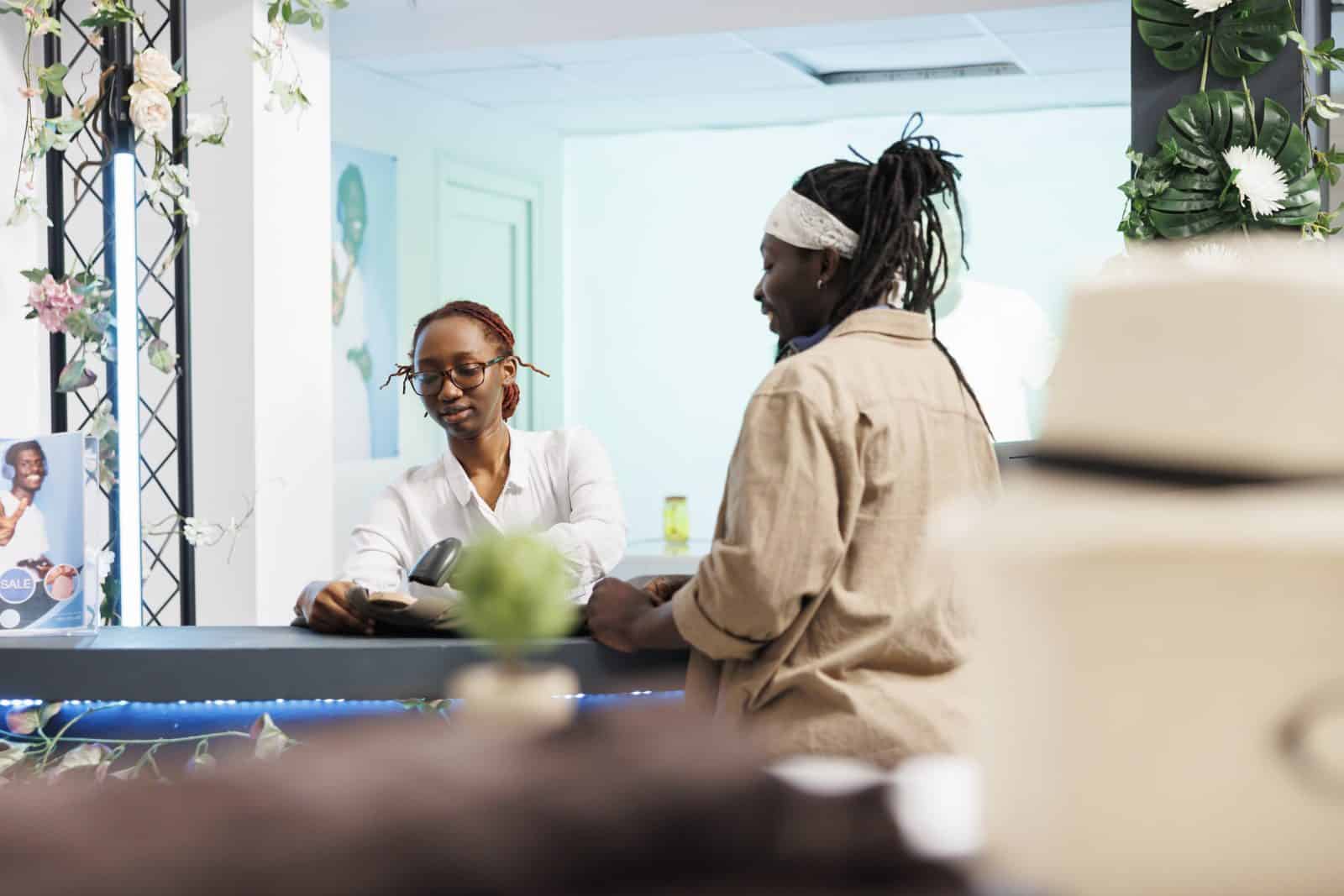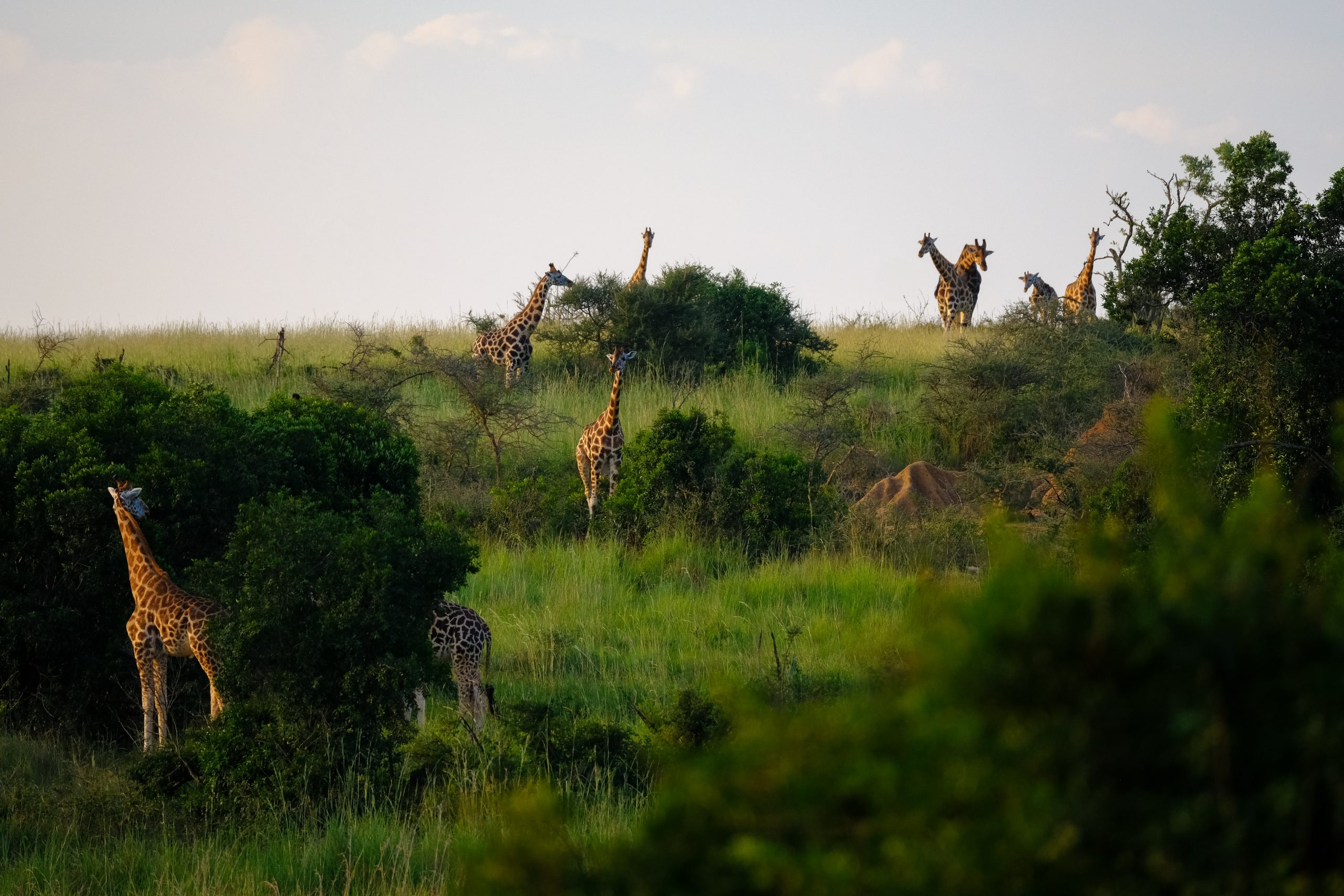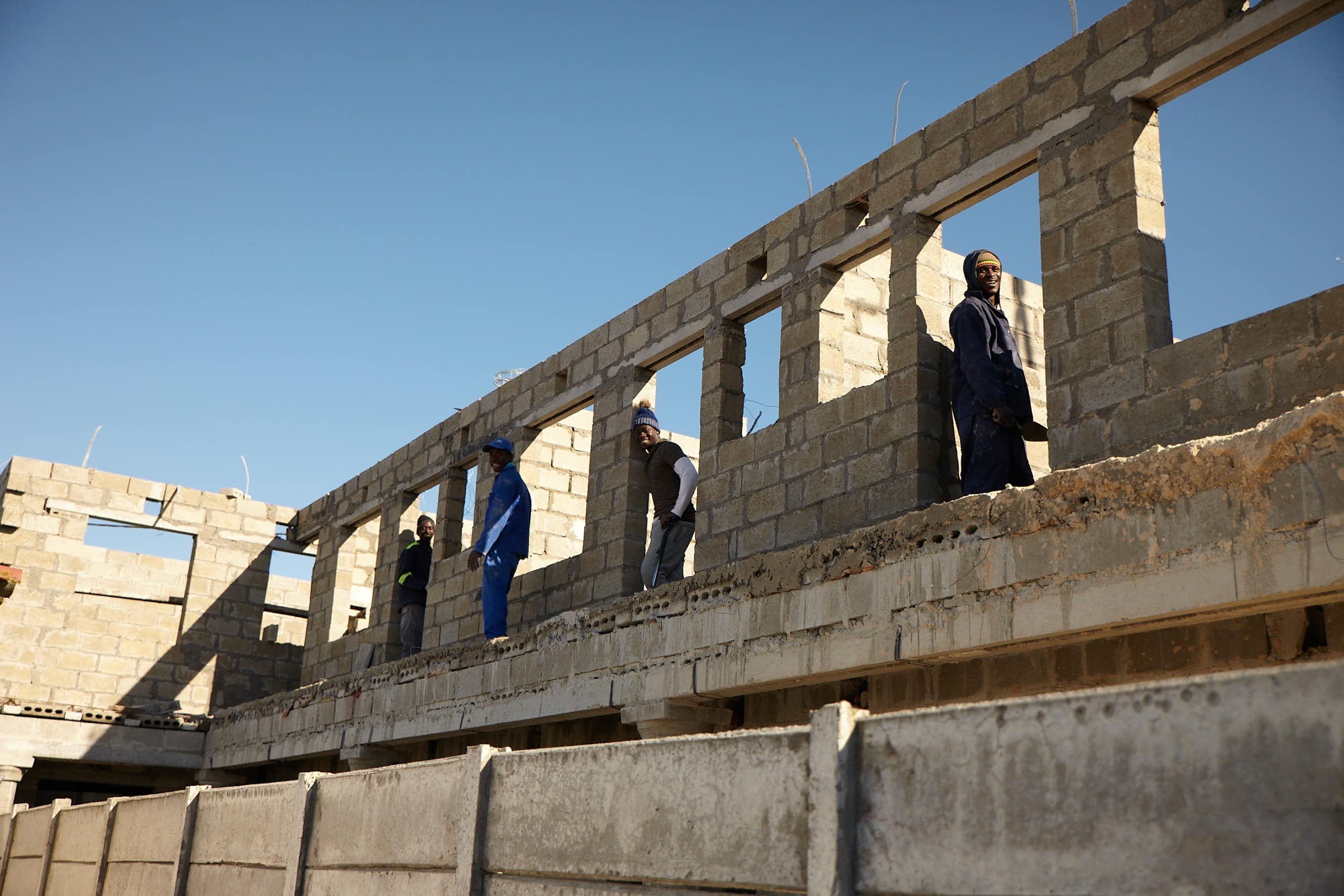Executive Summary
FSD Africa and UMOA-Titres (UT) commissioned Genesis Analytics as a consulting partner to develop a study that determines the feasibility of deploying a financial instrument to address climate change, environmental and/or waste management challenges in the city of Saint-Louis, Senegal.1 The study departs from a comprehensive assessment of the environmental challenges facing the city, and of its enabling environment through a SWOT analysis. A UNESCO World Heritage, where coastal erosion has become an existential threat, Saint-Louis main environmental challenges include exposure to climatic hazards (particularly severe coastal erosion and floods); land and ecosystem degradation; fishery decline and rarity of fish species; and poor waste management and other urban challenges.
After the initial diagnostic phase, the study maps the remedial initiatives that are best placed to tackle the identified challenges and lists the financial instruments that could be deployed to implement such solutions. An initial group of eighteen financial instruments were considered so long as they could be deployed to execute some of the potential remedies explored: The disaster risk finance toolkit; Nature-based Solutions (e.g., sustainable aquaculture, ecotourism, green roofs); Climate-Smart Agriculture (e.g., capture fisheries and aquaculture, energy Management); carbon markets (biodiversity protection); waste management initiatives and green urban initiatives. The instruments comprise typical funding tools (funds, bonds, securitization structures, etc), results-based finance mechanisms, and insurance.
The study concludes by pointing out that Saint-Louis Senegal, has the opportunity to capture a greater portion of the international climate finance flows available globally, through the deployment of Impact Bonds. This report provides an in-depth analysis explaining why this tool was chosen for the particular context of the city. Its flexibility in regards to scale and sector, its capacity to generate positive impact by fostering valuable partnerships, its great potential to be scalable and replicated once the first case is implemented, and its capacity to crowd in private capital, are some of the reasons that explain the choice.





